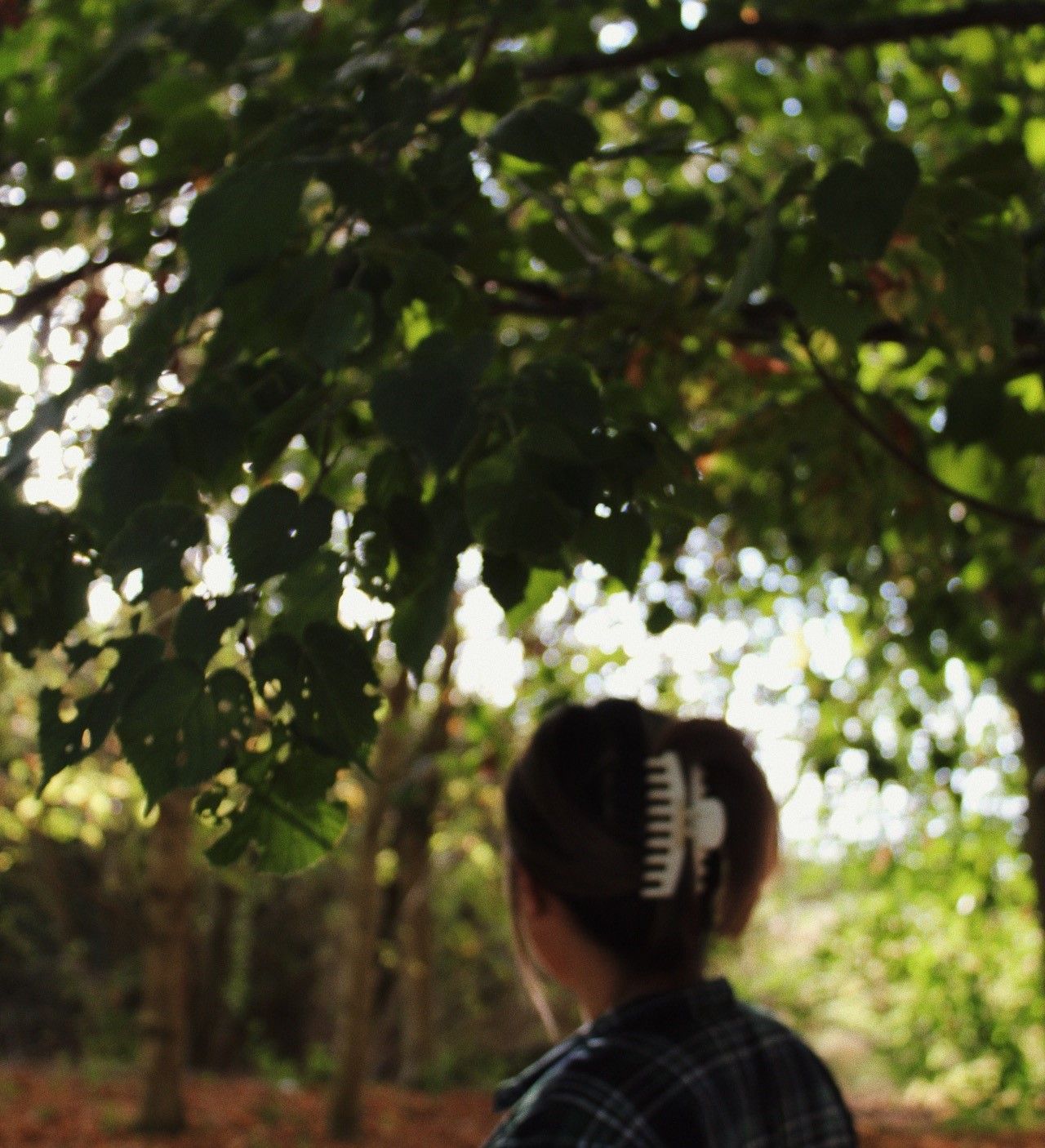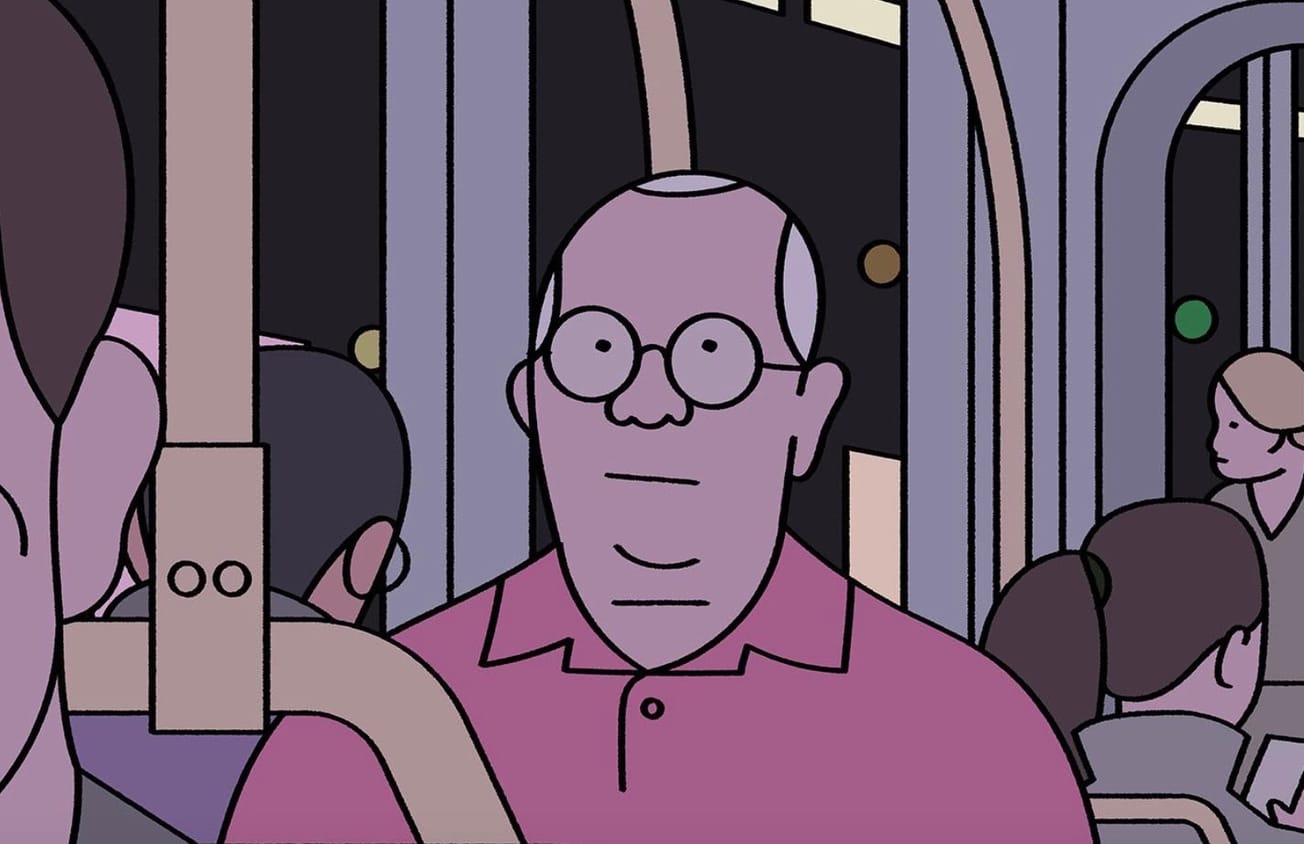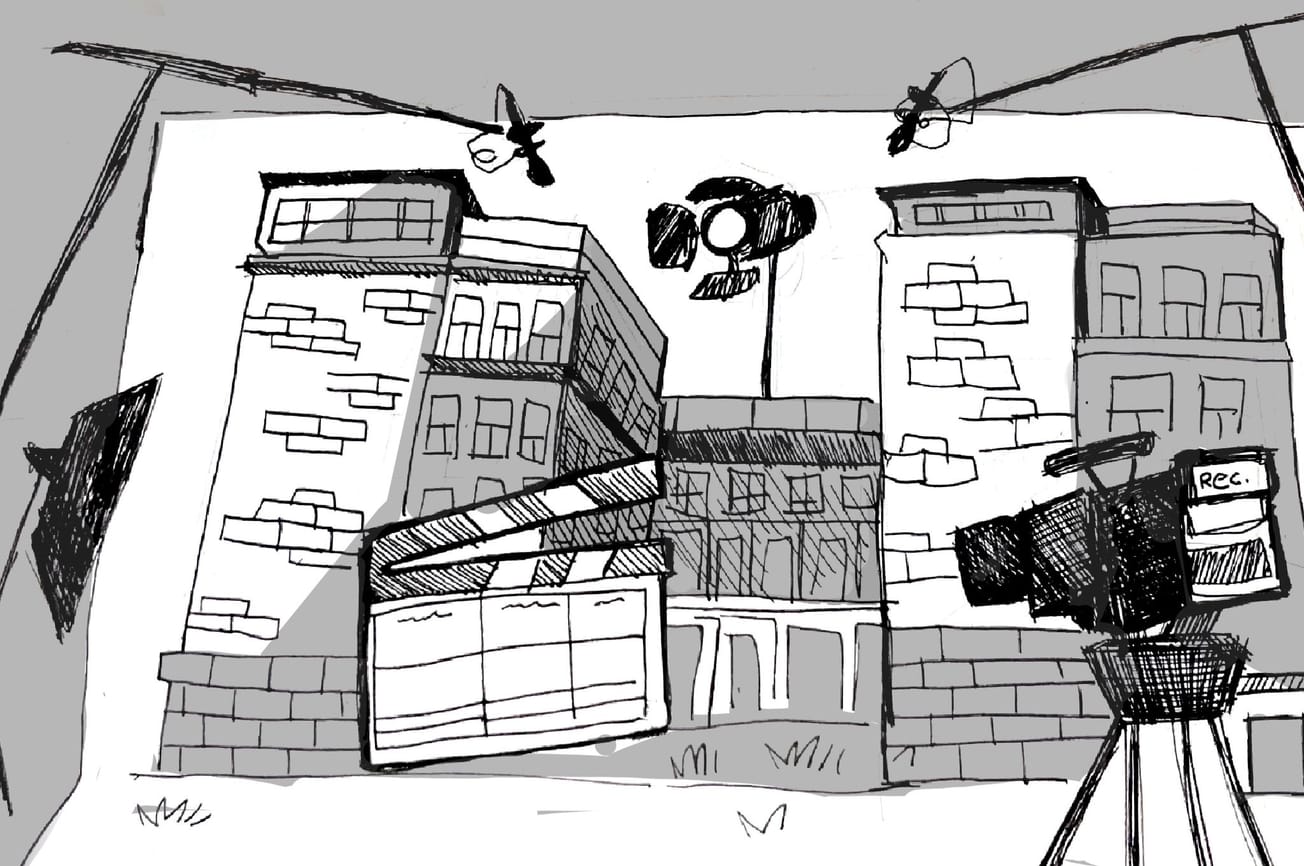By Evelyn Heis // Film & TV Editor
Trigger warning: Brief mention of depression
The Croft Magazine // For many who have experienced trauma of any kind, the healing process is never linear. Evelyn Heis discusses the difficulties of seeking help for a second time and the shame that accompanies relapse.
It was around five years ago when I first acknowledged that I needed help. Before that, I had been independently battling my illnesses without a sense of direction, external support, and not an ounce of hope that things would ever get better. It was during this time that I had decided against throwing in the towel, I was desperate for things to change, to start living, to start feeling better. So, I decided to reach out and ask for help. I first spoke to my mum, who at the time I thought was clueless about what I was going through. But to my surprise, she had been slowly putting the pieces together for months. I was not very good at hiding my poor mental health, apparently.
Acknowledging that things were not okay was the first real step in my recovery, for it was the only way that things would get better, but speaking to others was the first active step I took towards the path of healing. Per my Mum’s suggestion, she accompanied me to my first GP appointment so that I could seek further help, this time from a professional. Before I knew it, I was attending weekly sessions with a qualified psychologist. For me, these sessions made a huge difference in my recovery. I was able to receive a diagnosis, a privilege which many don’t have, and understand the reasons behind my behaviours and thoughts. It seemed that I now played a much more passive role: I was not broken or crazy, I was merely a product of the experiences I had gone through.
Going to therapy allowed me to process and accept the burdensome trauma that I had been carrying for years; it was this insight and the lessons it had taught me that truly helped me to get better. Almost two years later, I had learnt to better manage my impulses and self-soothe. I found a stable group of friends and a supportive partner, and I also picked up healthy coping mechanisms AND started to put them into practice. In my eyes, I had healed, I was fixed, life had moved on, and I had no reason to attend therapy anymore.
Even though my healing over that time was not linear, I had convinced myself that I had no reason to keep attending sessions because I was happier, and my outlook on life had changed. I was influenced by the support around me, no doubt, and my days were suddenly spent in a much more productive and positive way now that I had broken free from the depths of a dark depression. With my first year of university right around the corner as well, I believed that going into it without any support would enable me the fresh start I desperately needed. What I didn’t know back then is that trauma tends to resurface.
When the body undergoes something traumatic or emotionally painful, it represses it; often leaving you with gaps in your memories, though the emotional damage and the way you felt never leave you. In an attempt to protect itself, your body represses this pain, conscious of the fact that you may not be in a safe or stable enough place to heal it at that moment. I was not ‘fixed’ by going to therapy once, though I blissfully believed I was, I was merely able to find the strength to digest as much of that pain as I could to get myself out of a mental rut. I had learnt the skills I needed to survive and keep fighting, but I was by no means ‘fixed’- because no such thing exists.

What I’ve learnt over the years is that there’s nothing wrong with taking some time to process and resolve your mental turmoil. Given that my mental health journey and education overlapped, it was really difficult for me to come to terms with the things that I had gone through because, inevitably, I was prioritising my assignments, grades, social life, and extracurriculars over my well-being. Pushing my mental health to the bottom of the pile meant it was only a matter of time before I would relapse. And relapse, I did.
There is also nothing wrong with seeking help a second, third, or fourth time, or for the rest of your life. Trauma will inevitably resurface, but in between, we may learn from it in our healing, and we tend to build a strong sense of resilience, determination, and the ability to just keep going. Sometimes, a bad day may stretch out into a longer period, and you may feel like all your hard work has disappeared because you have relapsed. But that’s simply not true. A bad day does not equate to a bad life, it does not erase the efforts that you have already taken to get thus far. Trauma would not resurface if our bodies did not believe that we were strong enough to process and deal with these events.
To be able to speak to a professional about our mental health is a privilege that many do not have, so there should be no shame in accessing that help when it is readily available to us. To have the ability to be empathetic, to look inwards, and become a better person is a powerful thing that characterises those who have fought long and hard with their mental health. When we seek help, we are showing ourselves the self-love and care that we should prioritise above everything else. It is a necessary experience, for the relationship you have with yourself affects all the others. Although healing is not linear, the fact that you are trying is proof that you are strong, and even if this time it’s taking longer than you thought, you will get through it.
Featured image: Arwen Cox
Healing is never linear, and never simple. But it should not be something to be afraid of. If you or anyone you know feels they need someone to talk to, don't hesitate to reach out.









